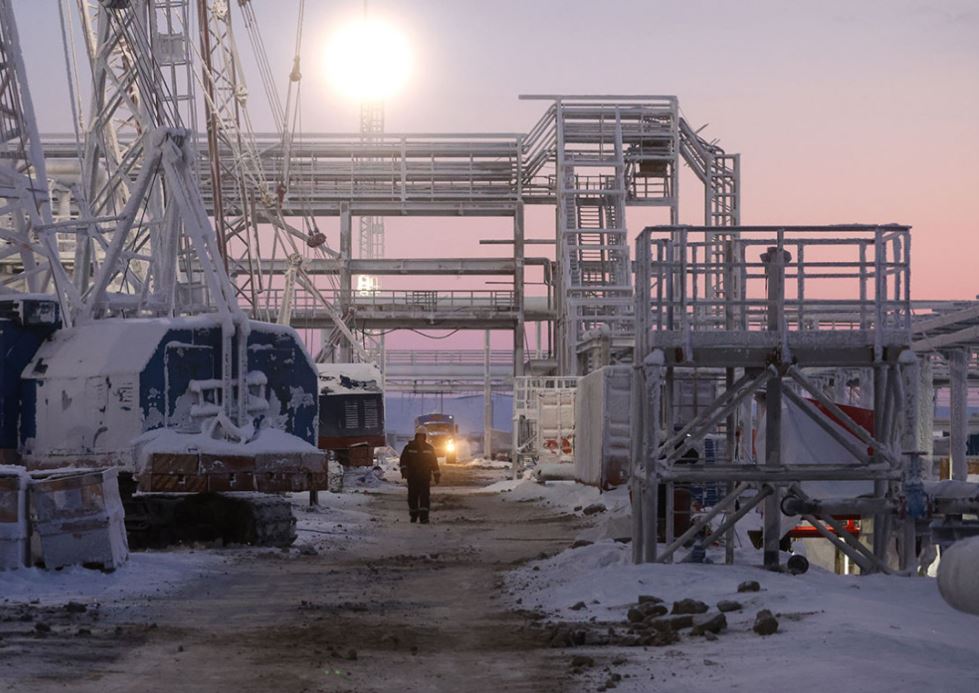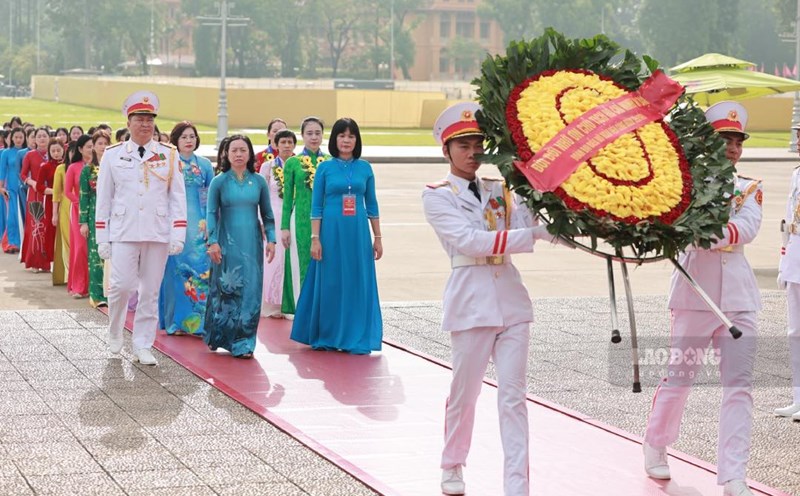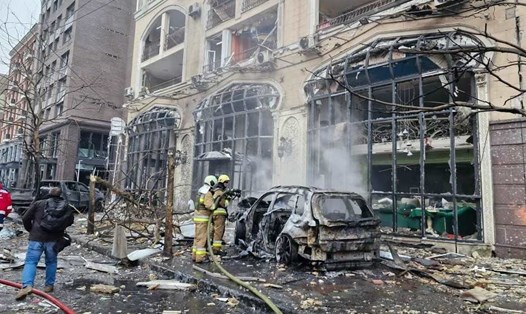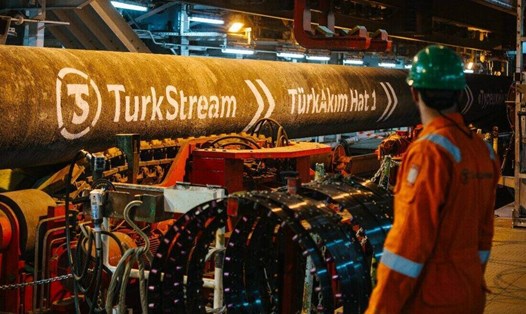After months of delay, Hungary voted in favor of the proposal to ban imports of Russian LNG liquefied natural gas, ending the deadlock that has prevented the European Union (EU) from agreeing on new sanctions.
The decision helps the EU get closer to approving the 19th package of Russian sanctions, as Europe and US President Donald Trump increase pressure on Russia to end the Ukrainian conflict.
Hungary and Slovakia have long been the two largest destinations for Russian gas in the EU, with import values in August reaching 450 million USD and 298 million USD respectively, according to the Center for Energy and Clean Air Research (CREA, Finland).
The EU needs the consent of all 27 members, causing Budapest and Bratislava to take advantage of their boycott to demand an exemption, citing the risk of economic losses if supply is cut too quickly. However, this time, Hungarian Prime Minister Viktor Orban has changed his mind.
In early October, state-owned energy giant MVM CEEnergy signed a 10-year LNG contract with Engie (France), supplying 400 million m3/year from 2028 to 2038. Foreign Minister Peter Szijjarto affirmed that this is a pillar to ensure national energy security, and emphasized that diversification does not mean "taking one back and forth when opening another".
At the same time, Hungary is also looking to Turkmenistan as a new partner. Foreign official Adam Stifter described the Central Asian country as a reliable partner and expressed hope to soon become a gas supplier to Europe, and especially to Hungary.
However, Hungary still imports about 4.5 billion cubic meters of gas per year from Gazprom (Russia) under a contract until 2036, showing that the country still maintains a balance between energy security and political pressure from the West.

The new EU sanctions package, announced on September 19, not only closed all loopholes in Russian LNG imports, but also reduced the price cap on Russian crude oil to 47.6 USD/barrel, sanctioned more than 100 "dark- off" ships to avoid sanctions and completely banned trading with energy giants such as Gazprom and Rosneft.
Before the outbreak of the Ukrainian conflict, Russia supplied 45% of the EU's gas imports. To date, the figure has fallen to 12%, thanks to a supply network from Norway, the US, Qatar and North Africa.
From now until 2028, the EU aims to completely end long-term gas contracts with Russia, opening a "posthumous Gazprom" period in the European energy structure. Meanwhile, Moscow still maintains large revenues thanks to gas and oil exports to China and India.











